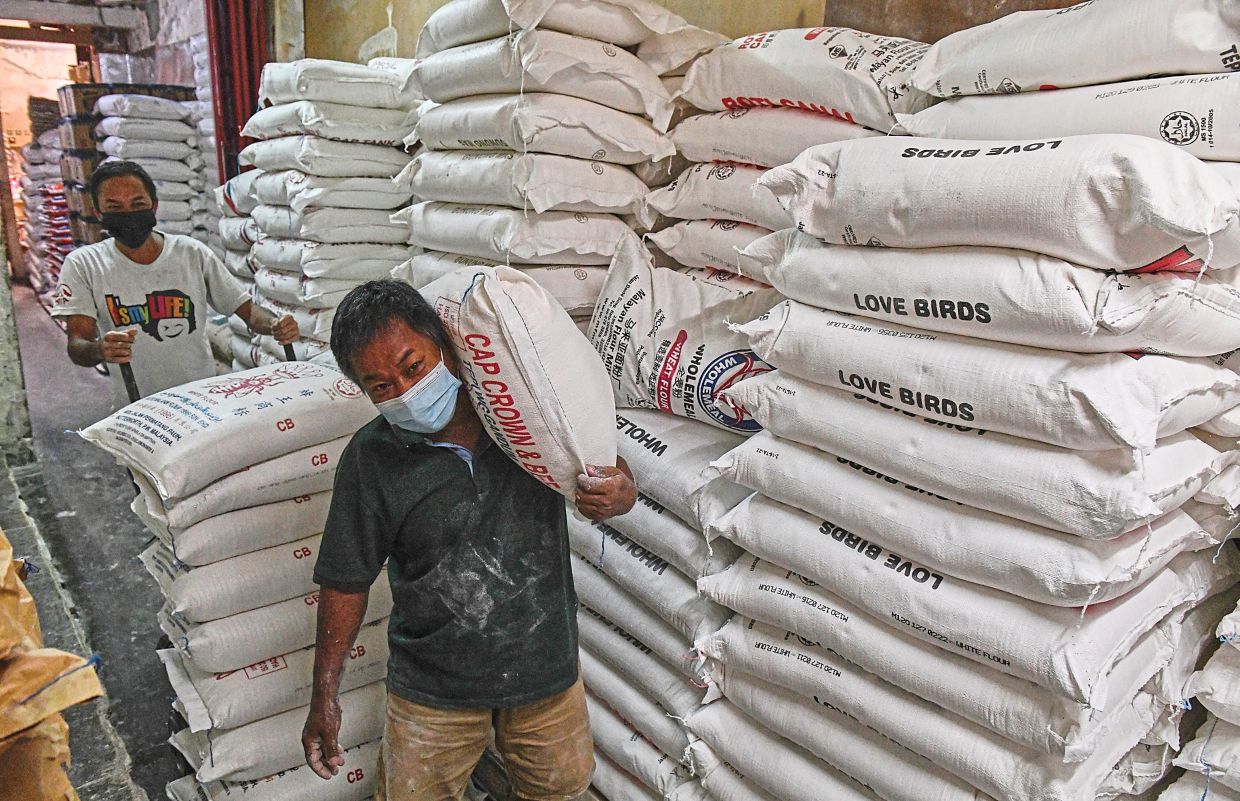May 24, 2022
PUTRAJAYA – The export of chickens from Malaysia has been banned while the import of the birds has been opened up to ensure that there is sufficient supply in the market.
This comes after an outcry by consumers of a chicken shortage in the country.
The Cabinet, which met yesterday instead of the usual Wednesday, also decided to lift the approved permit (AP) for wheat and directed ministries to list down items where the need for APs could be abolished.
It is learnt that the “chicken issue” was a hot topic at the meeting, which resulted in several decisions made to address the problem.
“Everyone at the meeting agreed that this issue needed immediate attention and solution,” said a source.
Beginning June 1, the export of chickens – now numbering 3.6 million a month – will be stopped until the price and supply stabilise.
The requirement of an AP to import whole standard chicken and chicken parts has been lifted.
Announcing these initiatives, Prime Minister Datuk Seri Ismail Sabri Yaakob said these short-term measures would be enforced to address the issue.
“Our priority is to the people,” he said in a statement after chairing the meeting.
Ismail Sabri said the government was disappointed with a move by certain chicken producers to stop supply, which had affected its price and supply.
He said that since Feb 5, the ceiling price of standard chicken had been fixed at RM8.90 per kilo and the government had allocated RM729.43mil in subsidy through the Malaysian Family price control scheme.

Hard at work: Workers arranging sacks of flour at a warehouse in George Town, Penang. The Cabinet met yesterday to discuss the wheat and chicken shortage. — Bernama
“However, we found that several big companies are not interested in applying for the subsidy and wanted the government to allow chicken prices to be determined by market forces,” he said.
To date, subsidies worth RM50mil had been paid, mostly to small chicken producing companies.
Ismail Sabri said the government was aware of claims that cartels were controlling the price and supply.
He said the Malaysia Competition Commission was investigating the claims.
“If it is true that cartels are trying to control the price, we will take action against them,” he added.
The Prime Minister said the government was trying to remove the role of the middlemen, who manipulate price and supply, under the Jihad Memerangi Orang Tengah (War Against Middlemen) programme introduced in 2014.
He said the Attorney General had advised the Cabinet to use existing laws to take action against those who hide, hoard and sabotage chicken supply.
On the shortage of chicken feed, he said the Cabinet had received suggestions on corn farming and the use of palm kernel cake as an alternative feed.
Ismail Sabri said GLCs, government agencies and organisations would be encouraged to be involved in livestock farming and that the government was studying ways to assist them.
According to statistics on the Federation of Livestock Farmers Associations of Malaysia’s website, Malaysia’s export of live birds has grown from 40.19 million birds in 2007 to 59.08 million in 2020.
The country imported over 62,770 tonnes of cut chicken and exported 18,320 metric tonnes of cut chicken in 2020.

